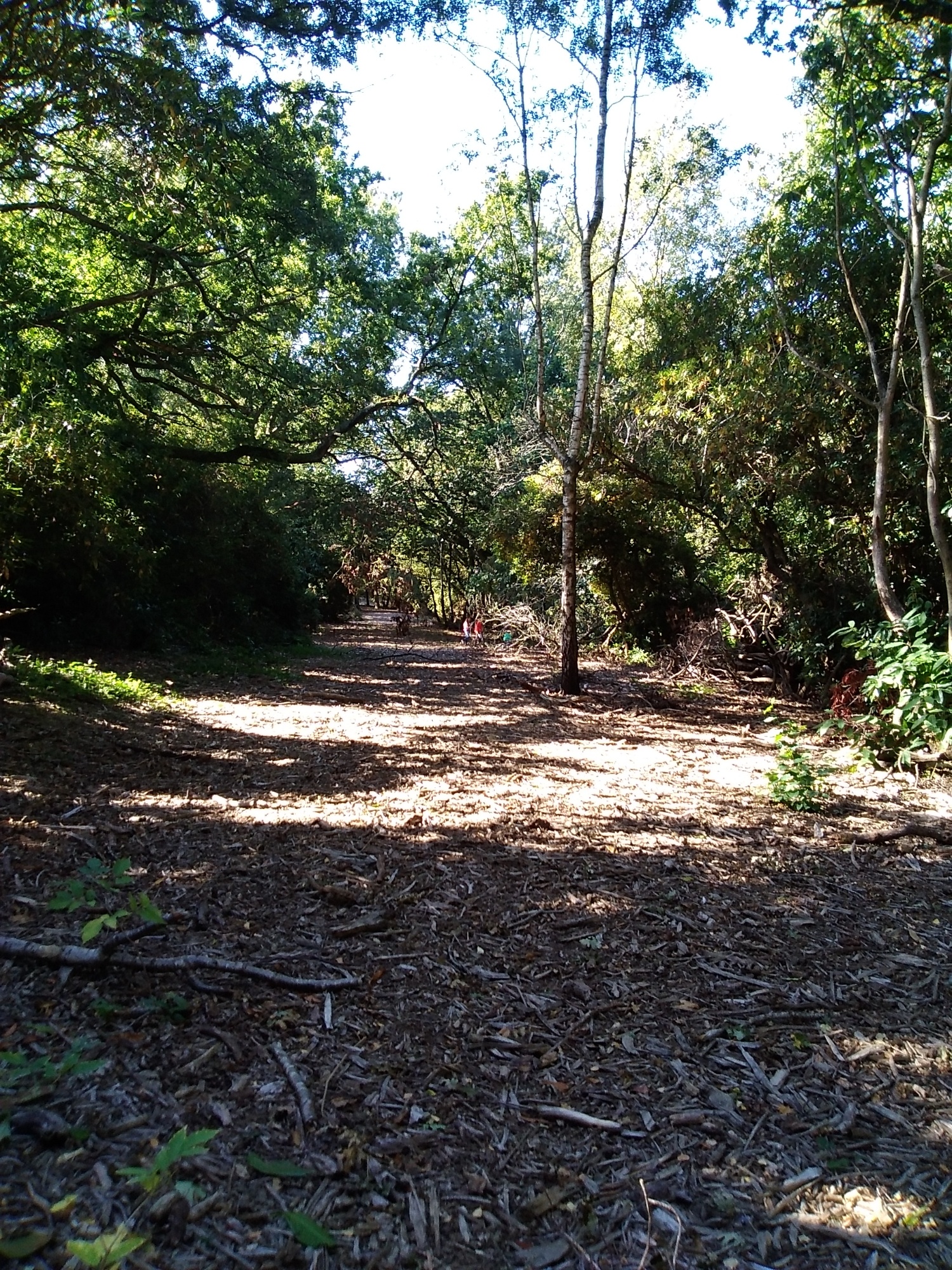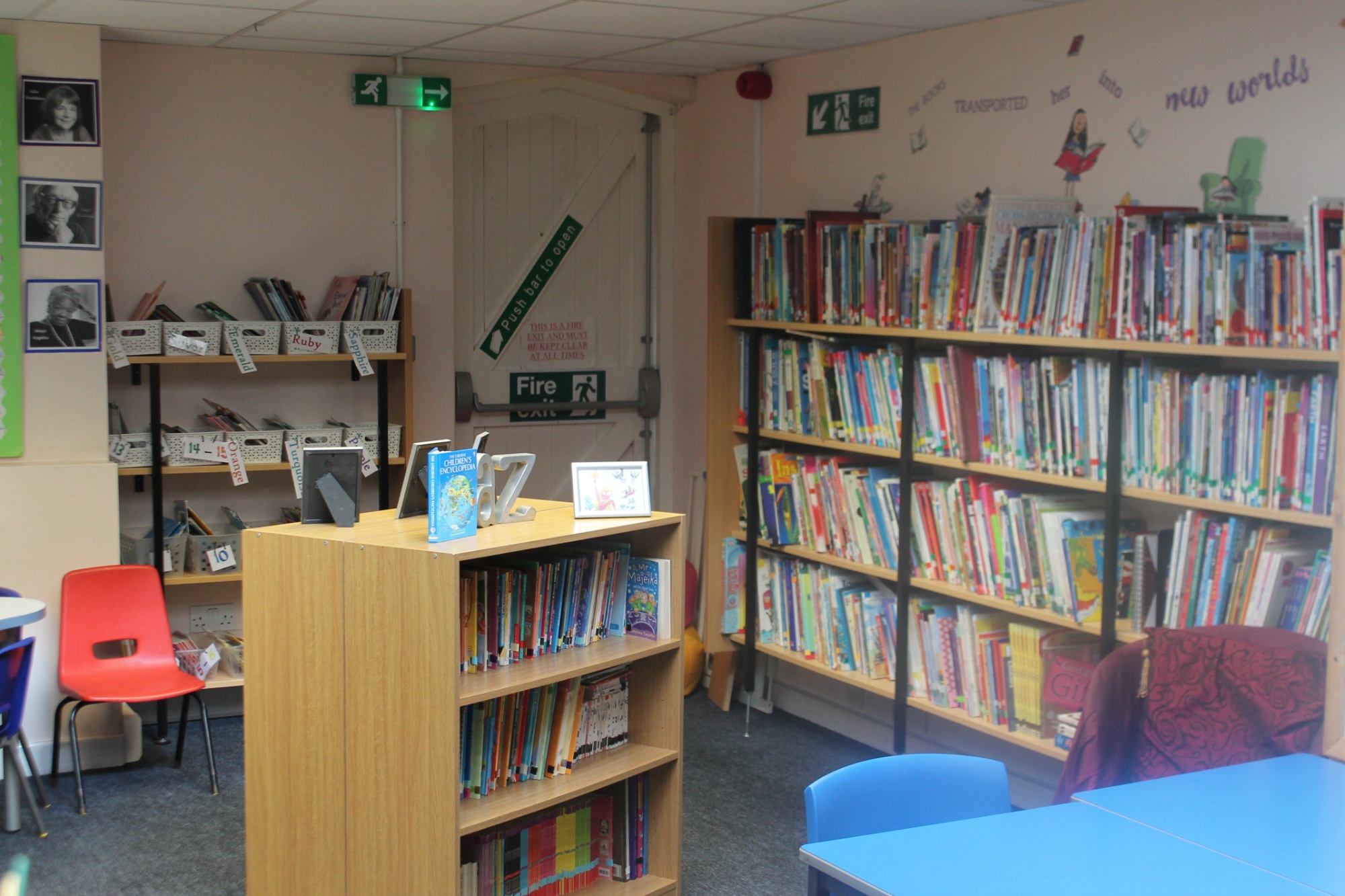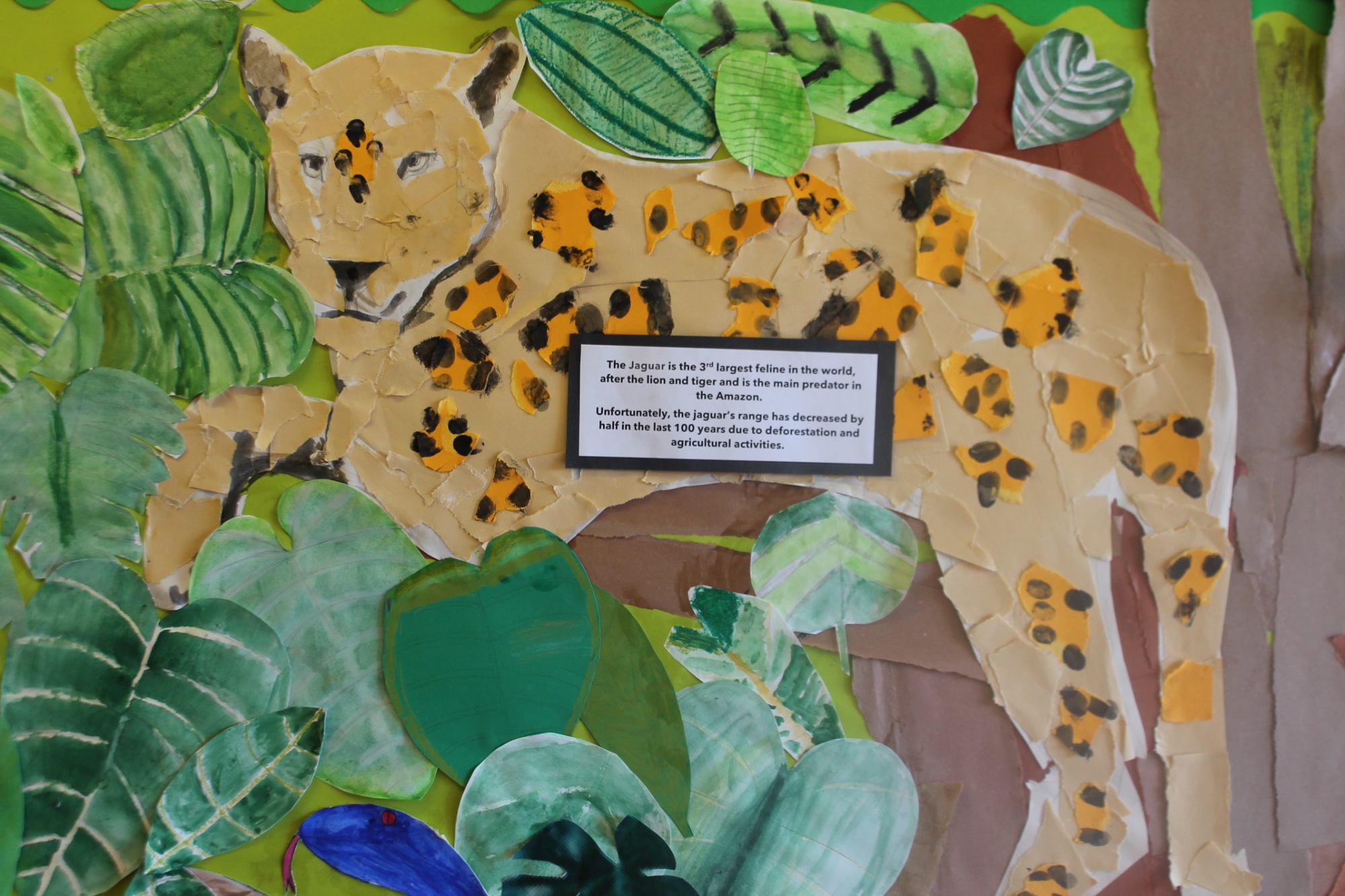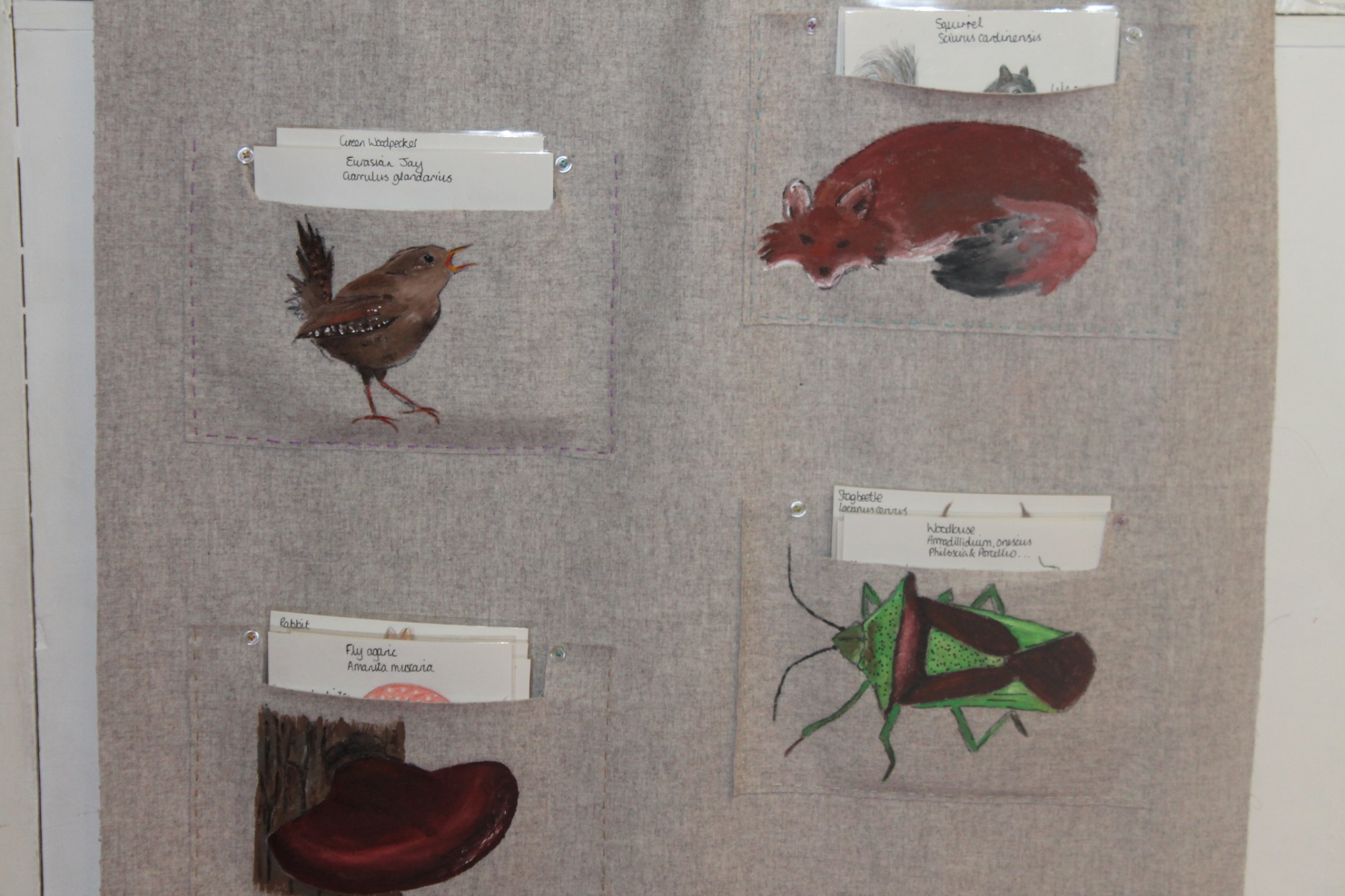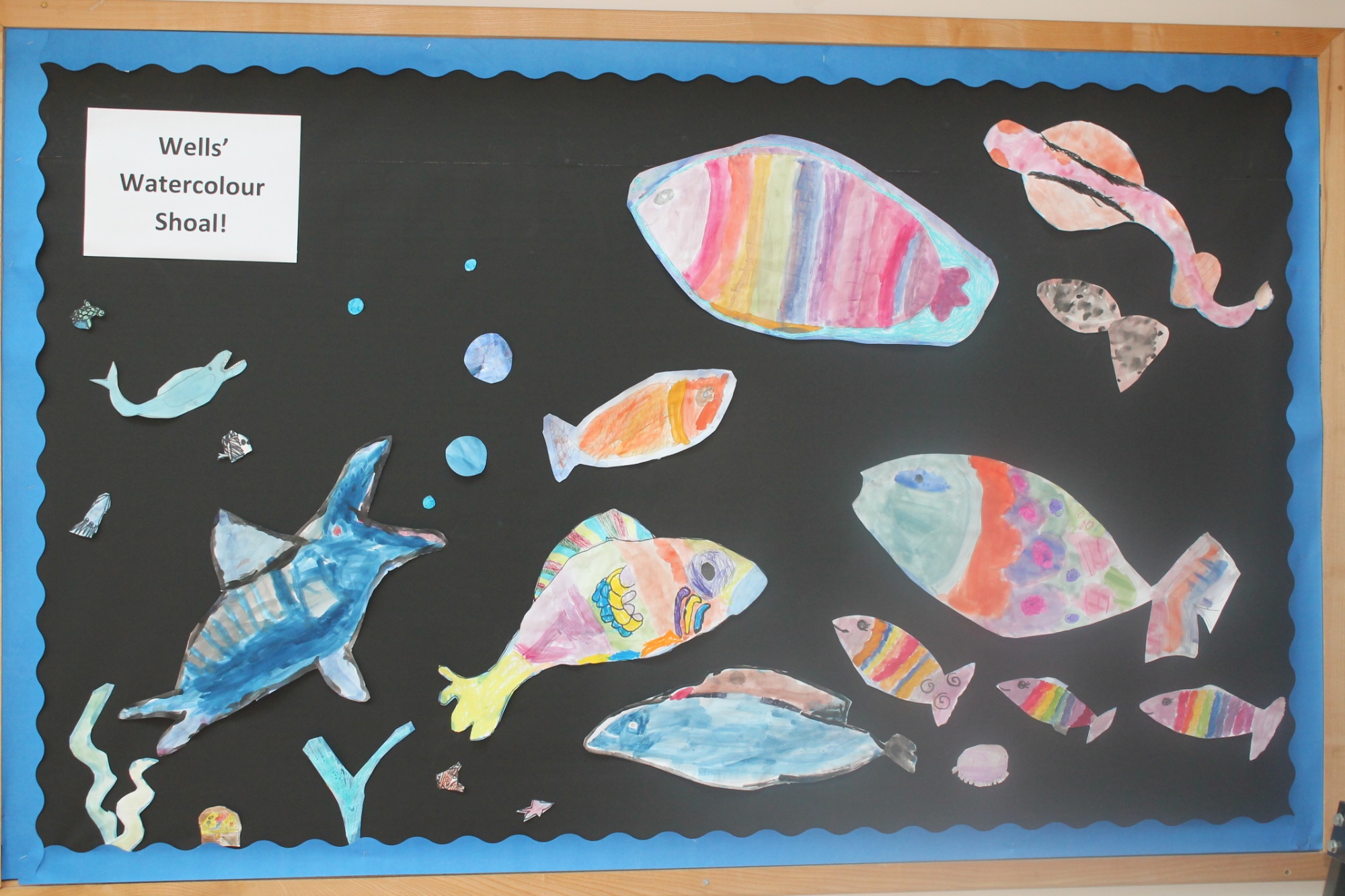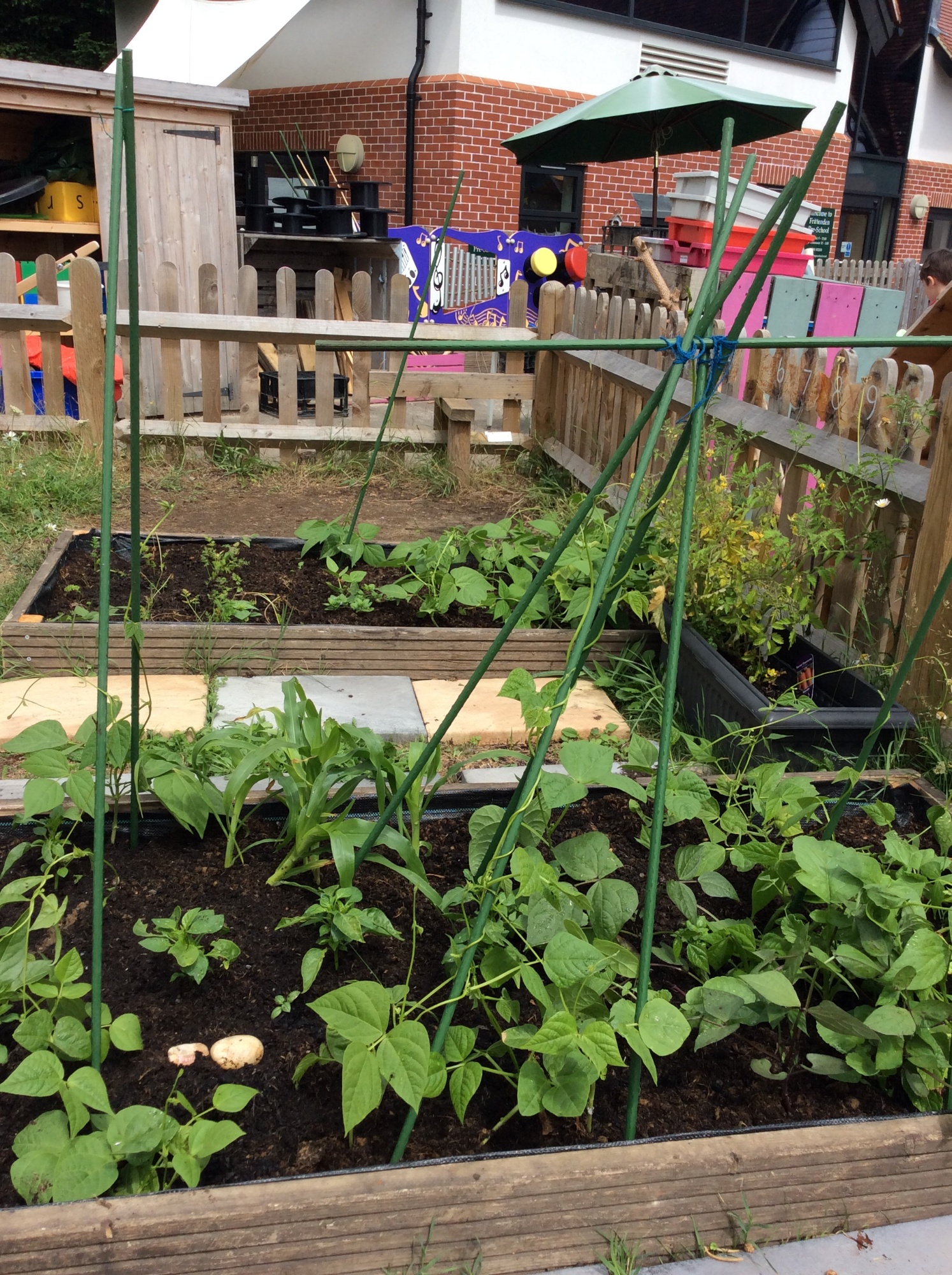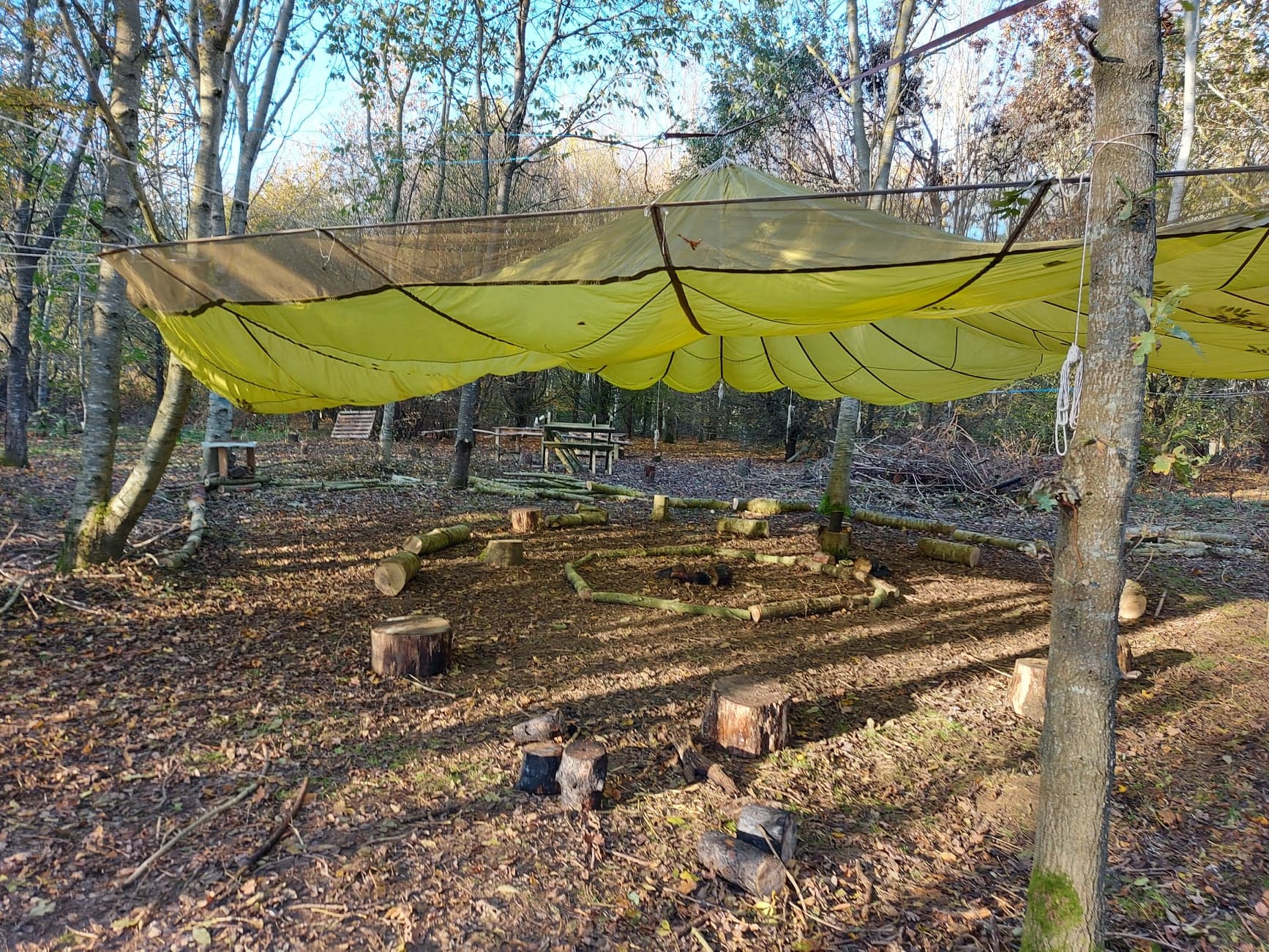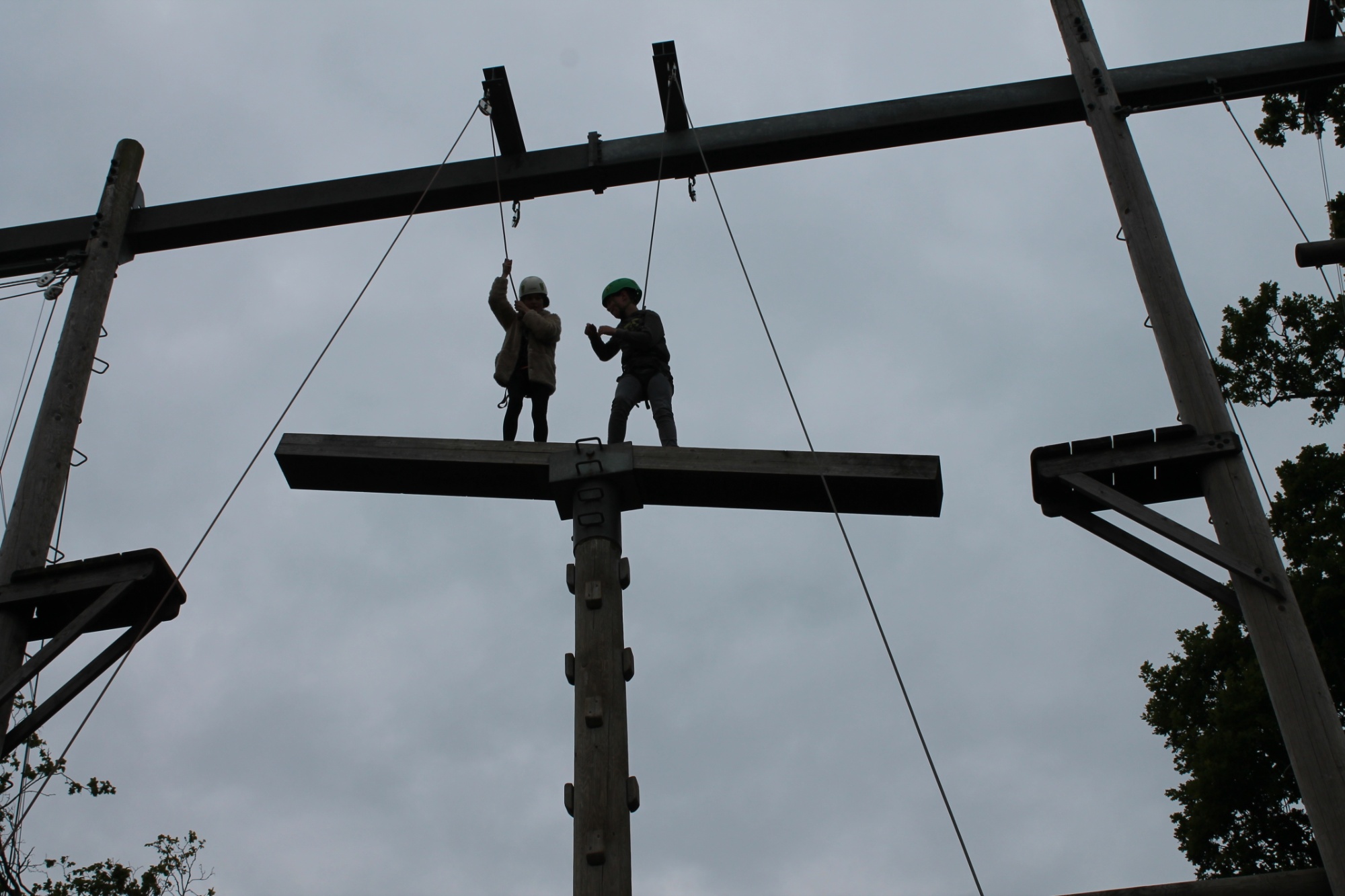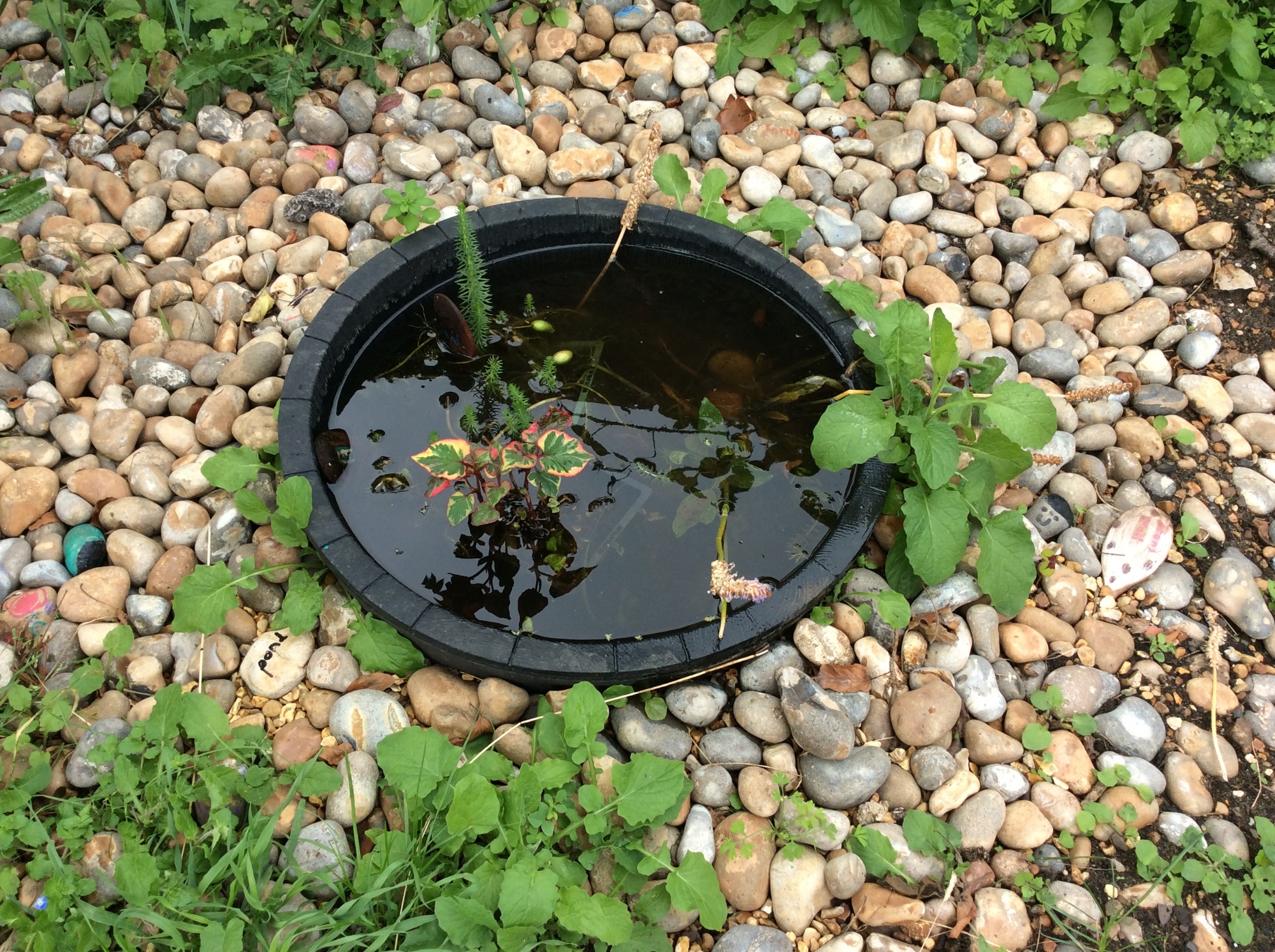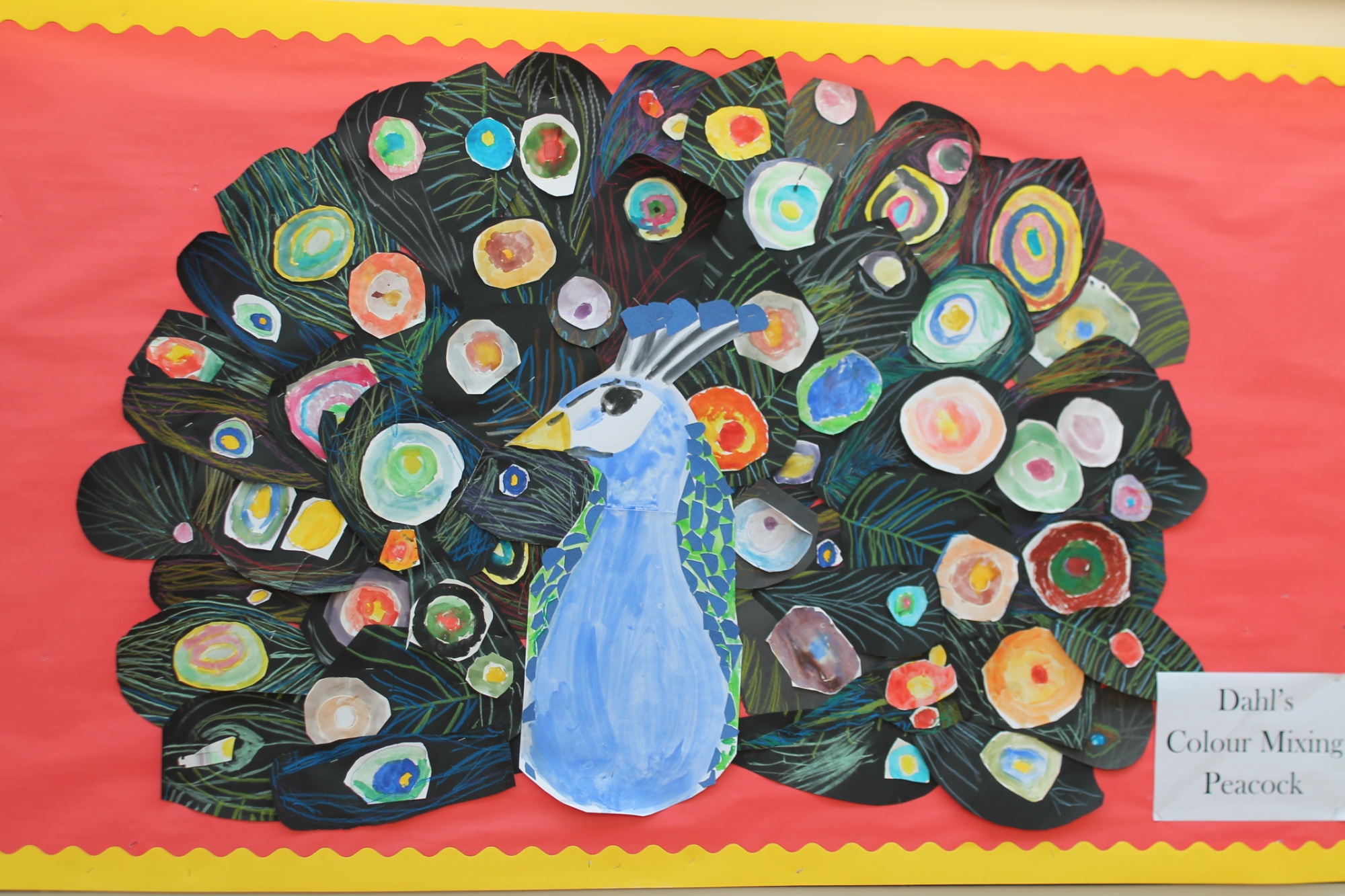Embedding Maths Mastery
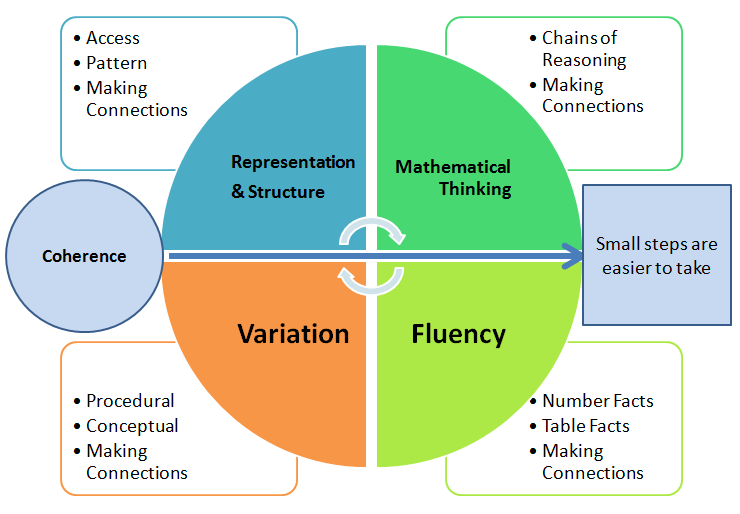
We follow the 2014 National Curriculum for maths from KS1-KS2 and Development Matters for Early Years Foundation Stage (EYFS).
In Early Years, children explore mathematics through practical activities in their indoor and outdoor learning environments. When planning for maths within the Early Years curriculum, we ensure that this is through active learning, as children are playing and exploring. As the children grow, the experiences we provide support them to develop their own ideas. We also ensure that there is a balance between adult-led and child-led activity. We strive to provide a stimulating environment for our young children to ensure they continue to develop as confident mathematicians. The children are given opportunities to experience maths and solve problems in real-life contexts.
Key Stage 1
As children move into Key stage 1, they are taught how to represent and use numbers in a variety of ways. They use practical resources including number strings, cubes and Numicon to model number sentences and support their developing calculation skills. Later, they learn pictorial methods for addition, subtraction, multiplication and division and then begin to move onto written methods. They also learn how to use measures accurately and describe and create shapes accurately. By the end of Year 2, children are expected to be able to apply their mathematical skills and solve problems independently.
Key Stage 2
In Key Stage 2, children move on to more formal methods of calculation, including using fractions and decimals. As in earlier years, they continue to use practical resources and diagrams to model concepts. Children are given regular opportunities to rehearse their fluency and reasoning, while continuing to develop their ability to solve increasingly sophisticated mathematical problems.
The programme of study aims to ensure that all pupils:
- become fluent in the fundamentals of mathematics, including through varied and frequent practice with increasingly complex problems over time, so that pupils develop conceptual understanding and the ability to recall and apply knowledge rapidly and accurately.
- reason mathematically by following a line of enquiry, conjecturing relationships and generalisations, and developing an argument, justification or proof using mathematical language
- can solve problems by applying their mathematics to a variety of routine and non- routine problems with increasing sophistication, including breaking down problems into a series of simpler steps and persevering in seeking solutions.
Details of the curriculum content for each year group is available within the 'Our Curriculum' section of the Class Pages.

